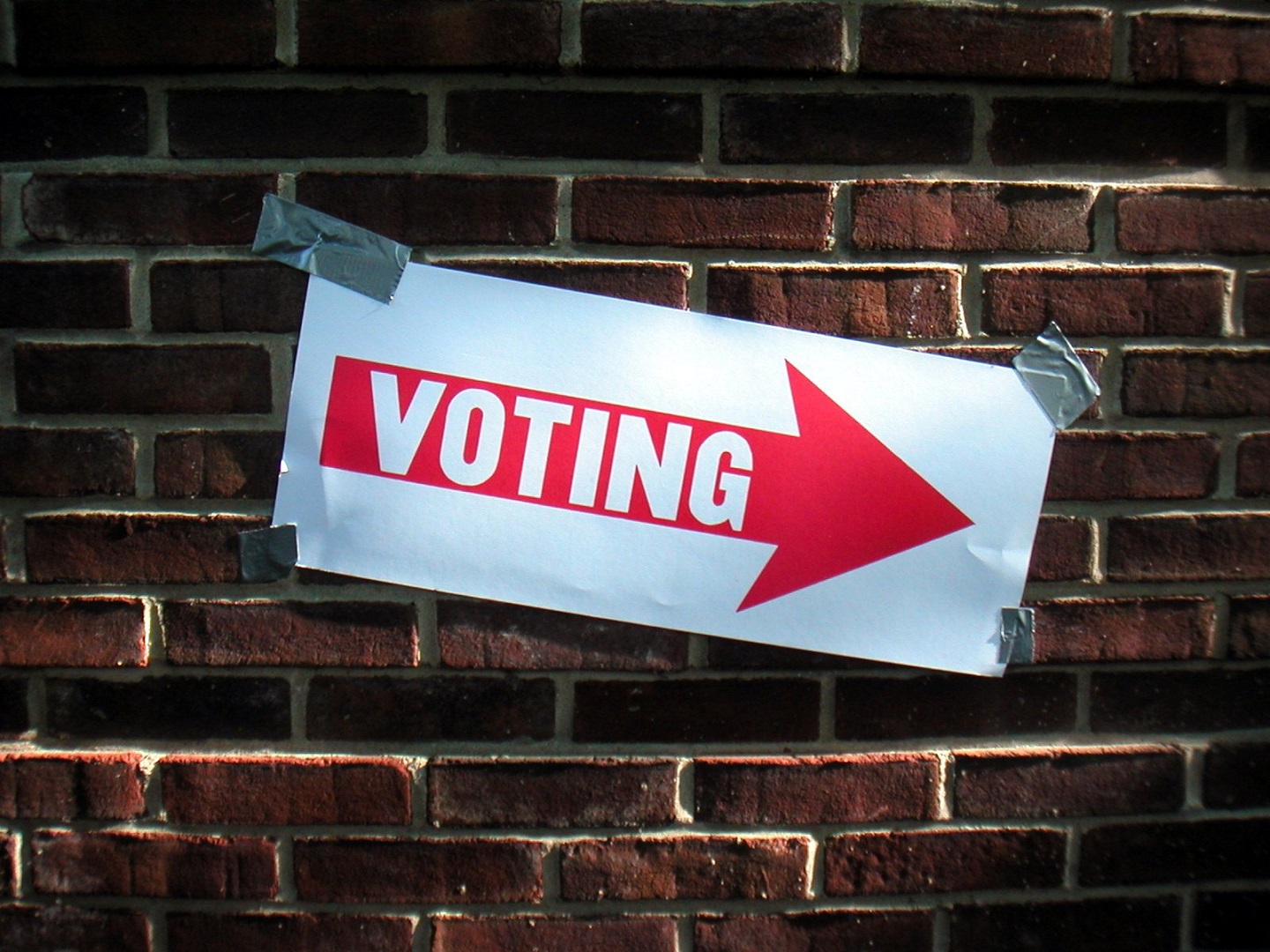Throwback Thursday: From the Vault
Image courtesy of Keith Ivey
Climate change, wildfire, endangered species—all are hot-button topics on Capitol Hill this election year. As campaigns continue to play out and candidates soon go head-to-head in debates, we can expect to see many proposals for how politicians plan to shape government in the name of protecting the environment. Yet many would-be solutions put into effect by previous administrations have failed to solve environmental problems.
The expectation that it is government’s role to address and overcome environmental issues has its shortcomings. When environmental goals and controls are determined politically, special interests and pork-barrel politics often hijack the legislative process and end up determining priorities. Market-based solutions, however, have proven able to solve numerous environmental problems where government has fallen short.
In 1992, economists Richard Stroup and Jane Shaw outlined how private property and markets have the potential to do environmental good:
Over the long run, private ownership is the most effective protector of the environment—provided ownership is transferable and backed by courts that make people liable when their pollutants invade the person or property of others. This system of private ownership would protect the environment for the same reason that it protects other kinds of property: because it encourages good stewardship.
Their discussion of free market environmentalism compared government and private stewardship across several factors:
Problems with government control: Like private individuals, the government has trouble knowing the source and effect of pollutants. Unfortunately, it has therefore tended to adopt standards that do not demand solid evidence connecting emissions with harm. Under today’s regime, the mere suspicion of harm, combined with educated guesses as to the source of pollution, are driving policies that have enormous costs…. Politicians find it easier and more popular with constituencies simply to adopt a stance of outrage against polluters. In fact, generating outrage is an effective way to generate votes.
Private protection of the environment: When it comes to maintaining environmental quality, protecting natural beauty, and preserving wildlife habitat, private organizations have often done a better job than government. One reason for their effectiveness is that their actions do not have to reflect majoritarian views, which often change…. Even today, when the government is supposed to control the environment, private groups are responsible for much of the effective protection of wildlife.
Property rights and accountability: When backed by effective liability laws, private property rights tend to work well. Because well-tended property increases its value, private owners generally take care not to despoil their land.
Fast forward to today, and Millennial voters in particular have proven to be a critical group for candidates to court. As PERC’s Terry Anderson described in “How to Woo Environmentally Friendly Millennials,” young adults want results, not futile regulations, when it comes to environmental policies:
The younger generations do care about the environment—over 80 percent are concerned about global warming and resource scarcity—but they want environmental bang for their buck. For example, a Michigan State University survey found that “Gen Y does have concern for the environment when making purchases, but without an economic benefit in making eco-friendly choices, they would likely not make these purchases.”
…
In their book, Millennial Momentum, Morley Winograd and Michael Hais describe millennials as the “North Star for an entire new generation of entrepreneurs.” That entrepreneurship can and does extend far beyond energy policy to all aspects of the environment.
Here are some concrete examples of what the next generation of environmental entrepreneurs are already doing. Despite decades of federal and state fishing regulations, ocean fish stocks continued to decline until a form of property rights — individual transferable fishing quotas — were introduced. These fishing rights have improved both the environment and fishing economies. For example, in order to stop destruction of the ocean floor ecosystem caused by trawl fishing near Morro Bay, California, the Nature Conservancy (TNC) simply purchased commercial fishing permits and is leasing them back with contractual limits on where and when fishing occurs. TNC says the “partnership preserves livelihoods and fish stocks.”
…
Conserve, the root of both conservative and conservation, means “to watch over or protect.” To win the younger vote, conservatives in Washington will have to stop protecting status quo subsidies and regulations and start promoting policies favoring environmental entrepreneurship.
This election cycle, rather than looking for political promises about watching over and protecting our environment, we could be better served by promoting the sorts of innovations that encourage good environmental stewardship.




